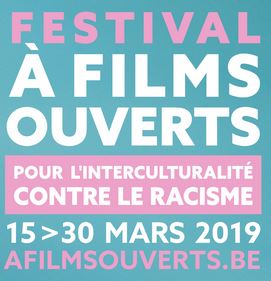 A Films Ouverts (meaning Open Films in French) is a Film Festival aiming to open the debate on racism issues and interculturalism. The particularity of this festival lies in its media education approach that encourages participants to take a critical distances towards the images of the Other shown in movies.
A Films Ouverts (meaning Open Films in French) is a Film Festival aiming to open the debate on racism issues and interculturalism. The particularity of this festival lies in its media education approach that encourages participants to take a critical distances towards the images of the Other shown in movies.
A Films Ouverts est un festival du film ayant pour objectif d’ouvrir le débat sur les questions relatives au racisme et à l’interculturalisme. La particularité de ce festival réside dans son approche d’éducation aux médias qui encourage les participants à prendre des distances critiques par rapport aux images de l’Autre présentées dans les films.

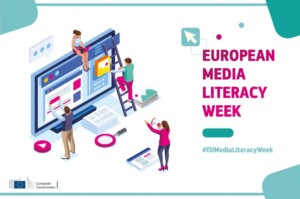 The European Media Literacy Week is a new initiative by the European Commission to underline the societal importance of media literacy and promote media literacy initiatives and projects across the EU. From 18 to 22 March 2019, various events around the topic of media literacy will take place in Brussels and in Member States.
The European Media Literacy Week is a new initiative by the European Commission to underline the societal importance of media literacy and promote media literacy initiatives and projects across the EU. From 18 to 22 March 2019, various events around the topic of media literacy will take place in Brussels and in Member States.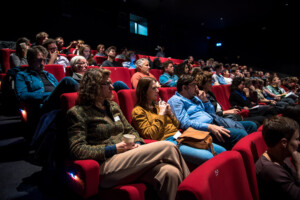 Taking into account the results of the practical testing of MEET learning scenarios, the expertise of the associated partners in all five countries and the feedback and recommendations of the international experts on media literacy and anti-discrimination at a round table in Brussels during the final MEET conference, the MEET partners developed the following recommendations.
Taking into account the results of the practical testing of MEET learning scenarios, the expertise of the associated partners in all five countries and the feedback and recommendations of the international experts on media literacy and anti-discrimination at a round table in Brussels during the final MEET conference, the MEET partners developed the following recommendations.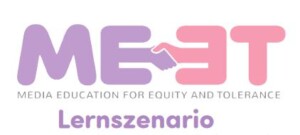 Das MEET-Lernszenario #2 “Mit meinen eigenen Worten” und Lernszenario #3 “Aufbau einer vielfältigen und demokratischen Gemeinschaft” sind die beiden ersten ins Deutsche übersetzten Lernszenarien. Weitere werden folgen.
Das MEET-Lernszenario #2 “Mit meinen eigenen Worten” und Lernszenario #3 “Aufbau einer vielfältigen und demokratischen Gemeinschaft” sind die beiden ersten ins Deutsche übersetzten Lernszenarien. Weitere werden folgen. “Hate speech on online social networks in Slovenia” is a research project of Mirovni Institut (Peace Institute) in Ljubljana, project partner of MEET, and the University of Ljubljana, Faculty of Social Sciences as well as the Institute of Criminology at the Faculty of Law.
“Hate speech on online social networks in Slovenia” is a research project of Mirovni Institut (Peace Institute) in Ljubljana, project partner of MEET, and the University of Ljubljana, Faculty of Social Sciences as well as the Institute of Criminology at the Faculty of Law.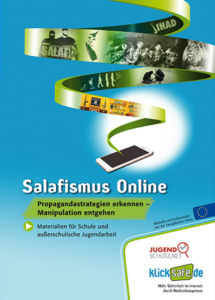
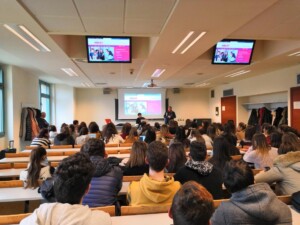 Texte en français ci-dessous.
Texte en français ci-dessous.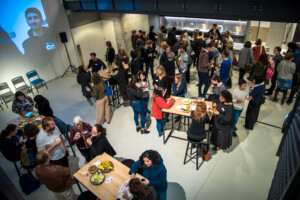
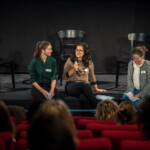
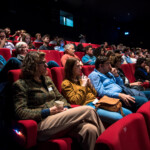
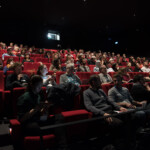
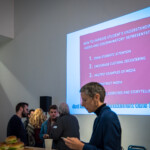
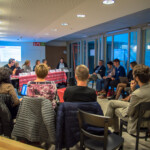
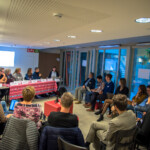
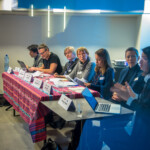
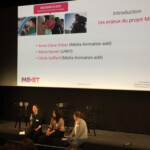
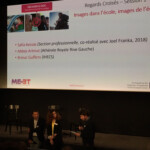
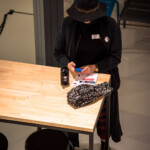
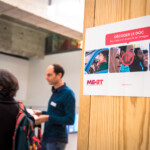
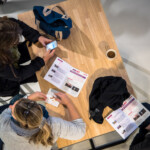


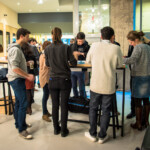

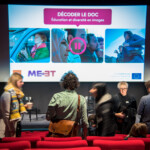

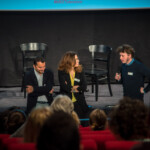
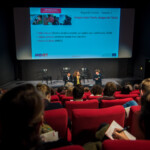
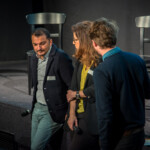
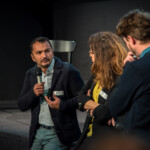
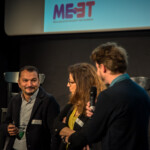
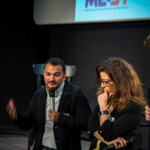


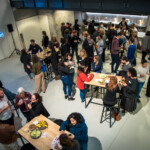
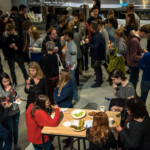
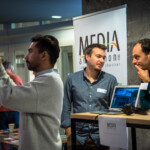
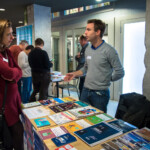
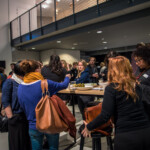
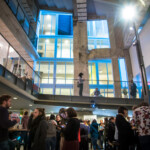

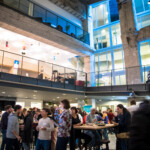
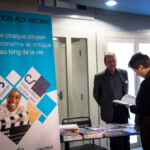

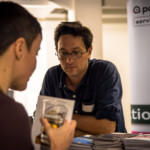



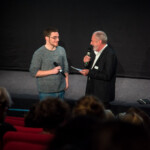
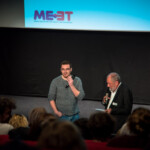
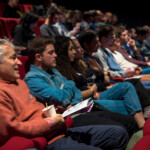

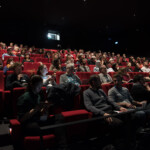


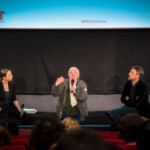
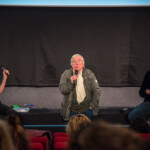
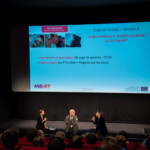
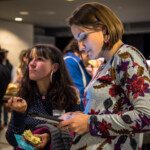
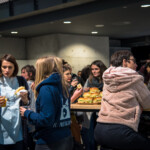


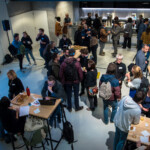


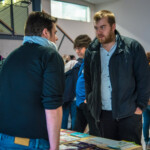

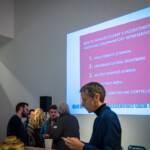
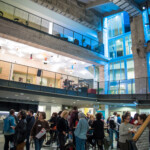
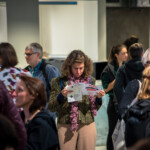
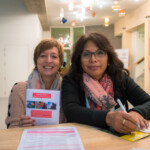


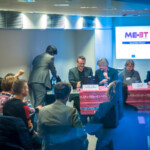
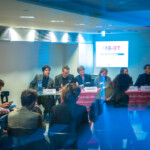
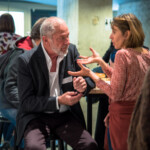
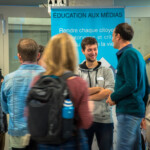
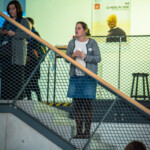
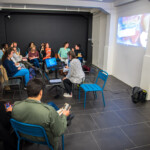
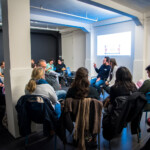
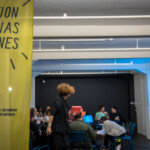

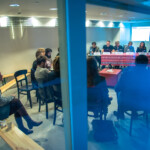
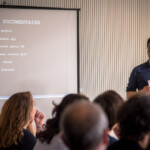
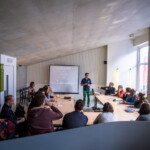
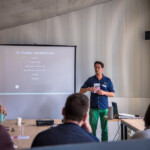

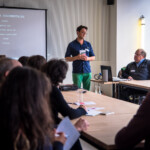
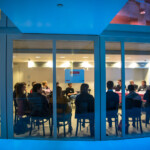
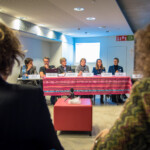
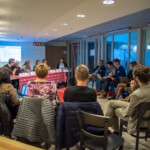
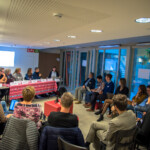
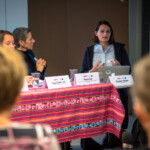

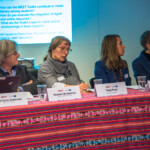
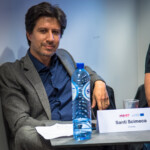
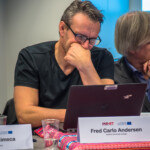
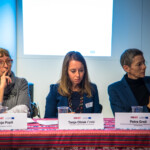
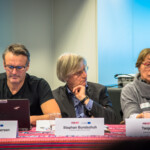
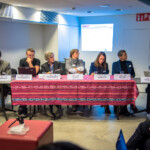

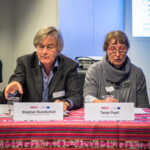
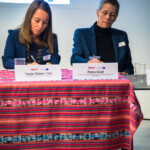
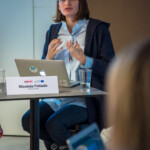
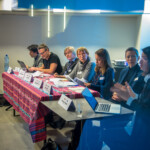
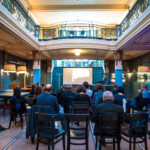


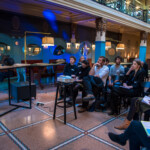
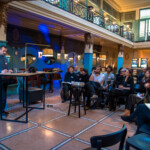

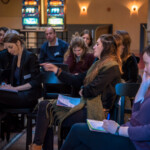
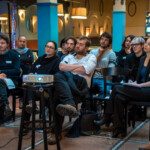
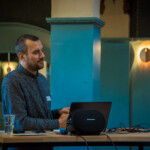
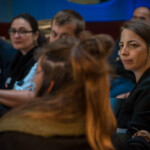
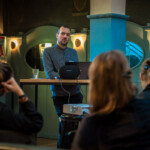
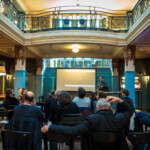
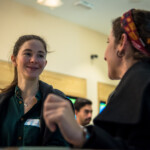
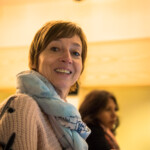
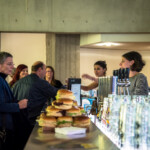
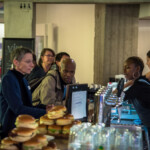

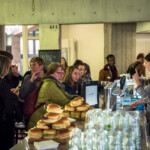
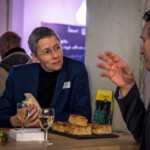




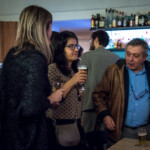

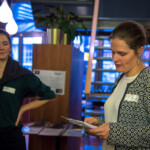
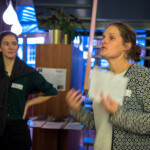
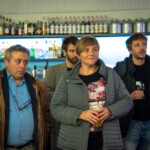
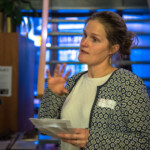

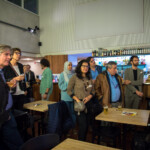
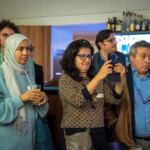
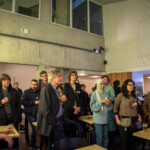


 As citizens of a global media landscape, the ability to recognize and resist propaganda is important. In helping build people’s critical thinking and communication skills, Mind over Media seeks to promote dialogue and discussion about what constitutes contemporary propaganda and how it may have positive, benign or negative impact on individuals and society. The project respects the power of digital crowdsourcing, active interpretation, and reflection as a means to cultivate robust yet respectful dialogue about the wide variety of forms of contemporary propaganda that surrounds us in our cultural environment.
As citizens of a global media landscape, the ability to recognize and resist propaganda is important. In helping build people’s critical thinking and communication skills, Mind over Media seeks to promote dialogue and discussion about what constitutes contemporary propaganda and how it may have positive, benign or negative impact on individuals and society. The project respects the power of digital crowdsourcing, active interpretation, and reflection as a means to cultivate robust yet respectful dialogue about the wide variety of forms of contemporary propaganda that surrounds us in our cultural environment.